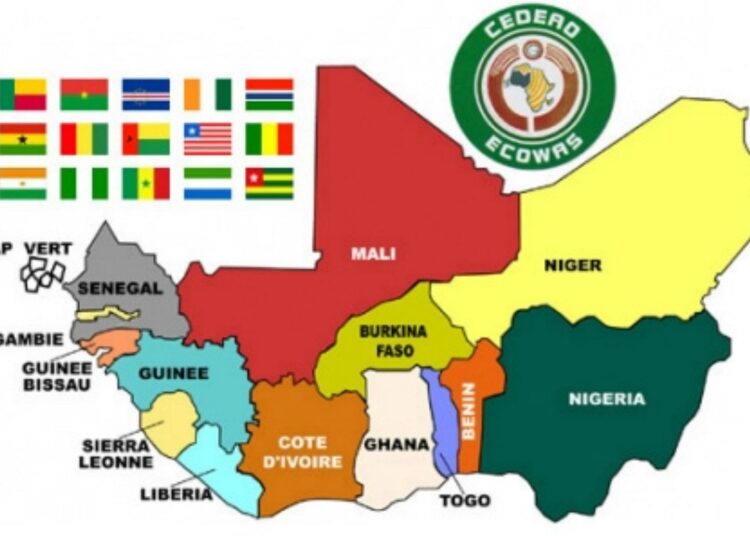The Court of Justice of the Economic Community of West African States (ECOWAS) has delivered its ruling in the case of Agence Conseil en Communication et Évènementiel (INTERPUB) vs Republic of Guinea (Application No. ECW/CCJ/APP/04/25), declaring it lacked jurisdiction to hear the matter due to its contractual nature.
Looking at the background of the case, the Applicant, INTERPUB, a communication and event management agency based in Ouagadougou, Burkina Faso, filed a suit against the Republic of Guinea for alleged breach of contract concerning the organization of the 9th edition of the Salon International du Textile Africain (SITA) in 2023.
According to INTERPUB, the event was initiated following an official request and approval from Guinea’s Prime Minister, including its integration into the national budget, a statement issued by the Communication division of the court said.
INTERPUB claimed that it incurred significant expenses during the planning phase and signed a partnership agreement with the Guinean government, which granted the State financial oversight of the event and fixed INTERPUB’s fee at 10% of the project budget, with payment due by 11 December 2023.
Despite multiple payment reminders and attempts at diplomatic mediation, Guinea allegedly failed to honor its commitments, leading INTERPUB to seek judicial redress from the ECOWAS Court.
The Applicant sought the recognition of the contractual agreement, an order compelling the State to pay over 104 million FCFA in fees, 72 million FCFA in damages, and a daily penalty of 1 million FCFA for delays.
The Respondent, Republic of Guinea challenged the Court’s jurisdiction, arguing that the matter was purely contractual in nature and thus outside the scope of the Court’s mandate as defined by Article 9 of the 2005 Supplementary Protocol. Guinea requested that the Court declare the claims inadmissible and award costs against the Applicant.
The Court examined whether it had jurisdiction over the matter under Article 9 of the Supplementary Protocol A/SP.1/01/05, which limits the Court’s competence to Interpretation and application of ECOWAS legal instruments; Human rights violations ; Community staff disputes ; Non-contractual liability of ECOWAS institutions; and Arbitration matters by special agreement.
It found that the dispute arose strictly from a contractual agreement between a Member State and a private entity, with no allegations of human rights violations or involvement of ECOWAS institutions. Citing previous case law, including Chief Frank C. Ukor v. Rachad Laleye and Republic of Benin (2007), the Court reiterated that it lacks jurisdiction over purely civil or commercial contractual disputes not tied to a violation of human rights.
The Court therefore admitted the written submissions filed by the Republic of Guinea and upheld the preliminary objection of lack of jurisdiction. The Court consequently declined jurisdiction to adjudicate the claims brought by INTERPUB and the applicant was ordered to bear the legal costs.
The judgment was rendered by a panel comprising Hon. Justice Ricardo Cláudio Monteiro Gonçalves (Presiding Judge and Judge Rapporteur); Hon. Justice Sengu Mohamed Koroma (Member) and Hon. Justice Dupe Atoki (Member)





